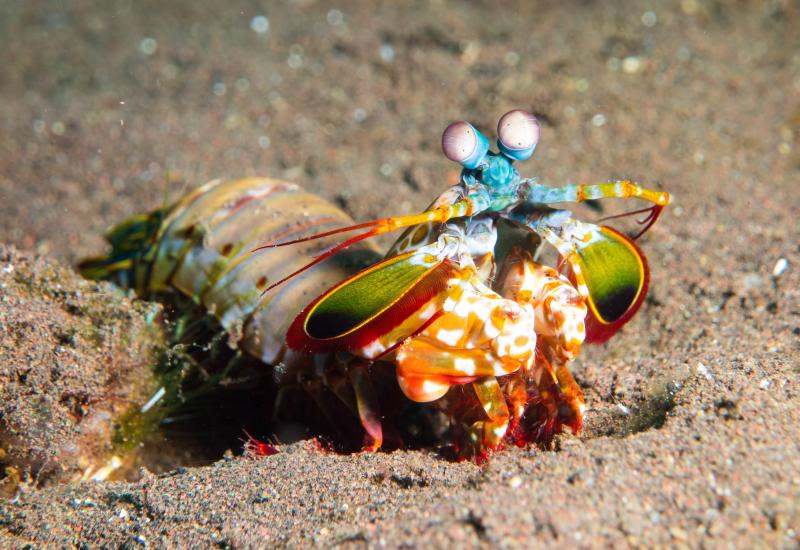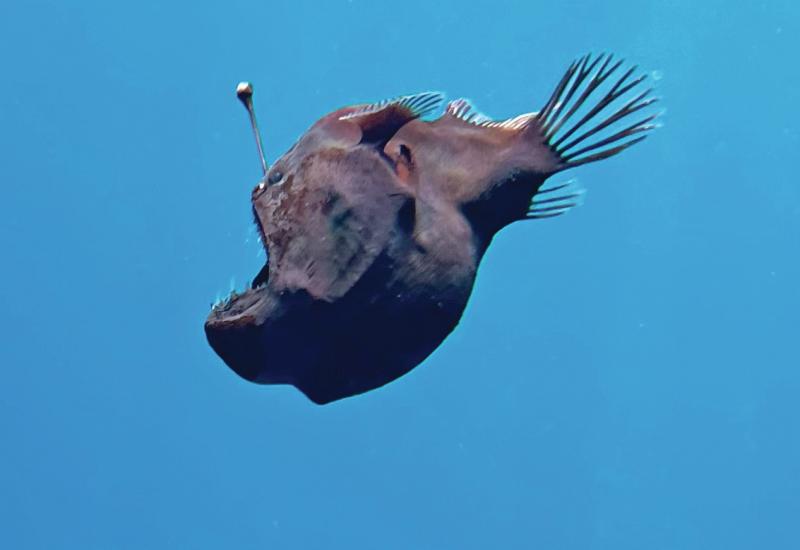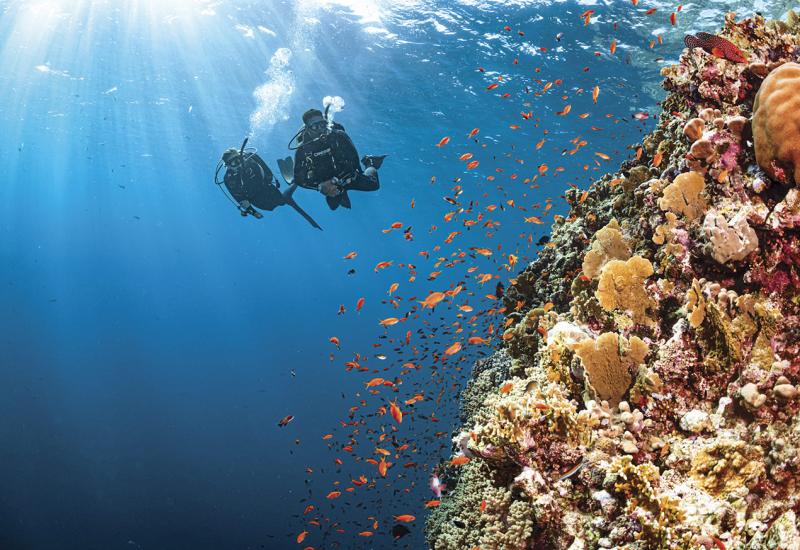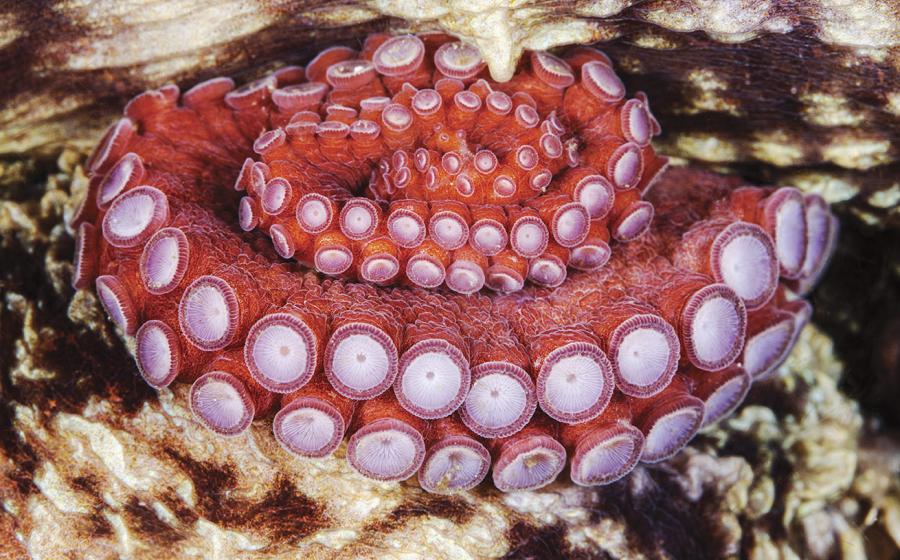New Research: Decompression Sickness Might Be the “Immune System Going Crazy”
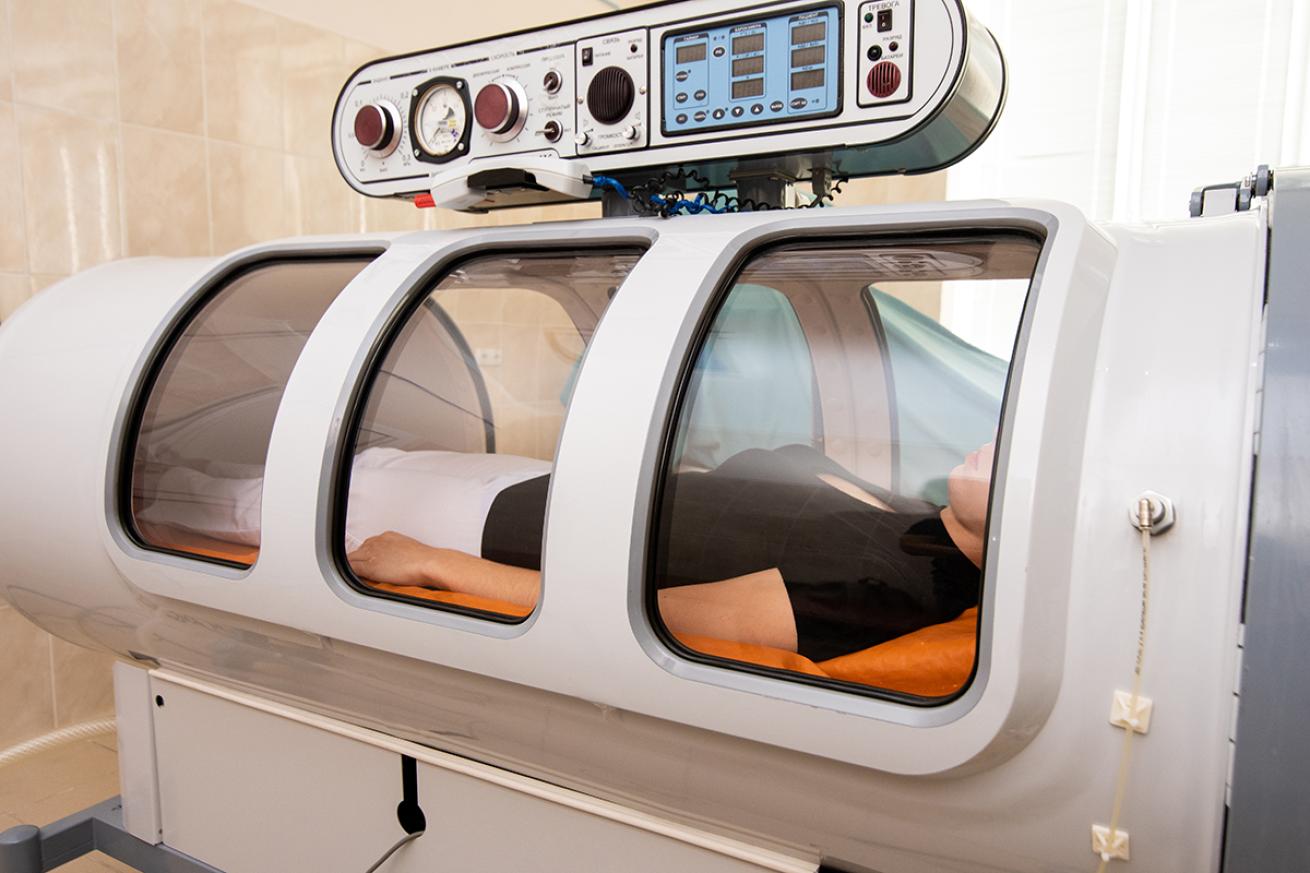
Shutterstock.com/NakleykaDSC symptoms land afflicted divers in hyperbaric chambers, but researchers are looking for internal signals to guide treatment.
Decompression illness may be caused by divers’ immune systems going haywire, according to a study recently published in the Frontiers in Physiology that could pave the way for a blood test to diagnose DCS.
Decompression sickness, also known as DCS or “the bends,” has a range of symptoms, from skin rashes and joint pain to paralysis and even death. It can occur when a diver ascends too fast and rapid pressure changes cause gaseous bubbles to form in blood and tissues.
“DCS is simply the immune system going crazy and causing an inflammatory condition in the body,” Ingrid Eftedal, a senior scientist at the Norwegian University of Science and Technology, tells Norwegian SciTech News. Essentially, white blood cells in the bodies of bent divers were activated, promoting inflammation.
Today, treating divers with the disease typically includes a couple nights in a hyperbaric chamber. Diagnosis has historically been based on symptom and treatment — typically having divers spend a few nights in a hyperbaric chamber— ends with their succession. But with this new research in hand, is scientists are better equipped to develop a blood test that can check for DCS and help doctors create adequate plans of care.
“Then we’ll be able to catch people who have a mild variant of DCS, and we’ll also be able to check when they’ve completed treatment,” Eftedal says.
To conduct DCS research, Eftedal partnered with a research team at the University of Malta. The team compared blood samples from seven divers in Malta with DCS and eight without. They collected two samples from each set of divers — one within eight hours of surfacing and one 48 hours later, after the DCS divers had undergone hyperbaric oxygen therapy.
Researchers then performed RNA sequencing analysis with the tests to look at changes in gene expression in white blood cells. What they found was that DCS sparks one of the body’s most basic defense mechanisms: an immune response.
“In the case of decompression sickness, something happens that’s reminiscent of autoimmune diseases such as arthritis,” Eftedal says. “The immune system misunderstands. It’s conceivable that future treatment could also involve immunoregulatory drugs.”

